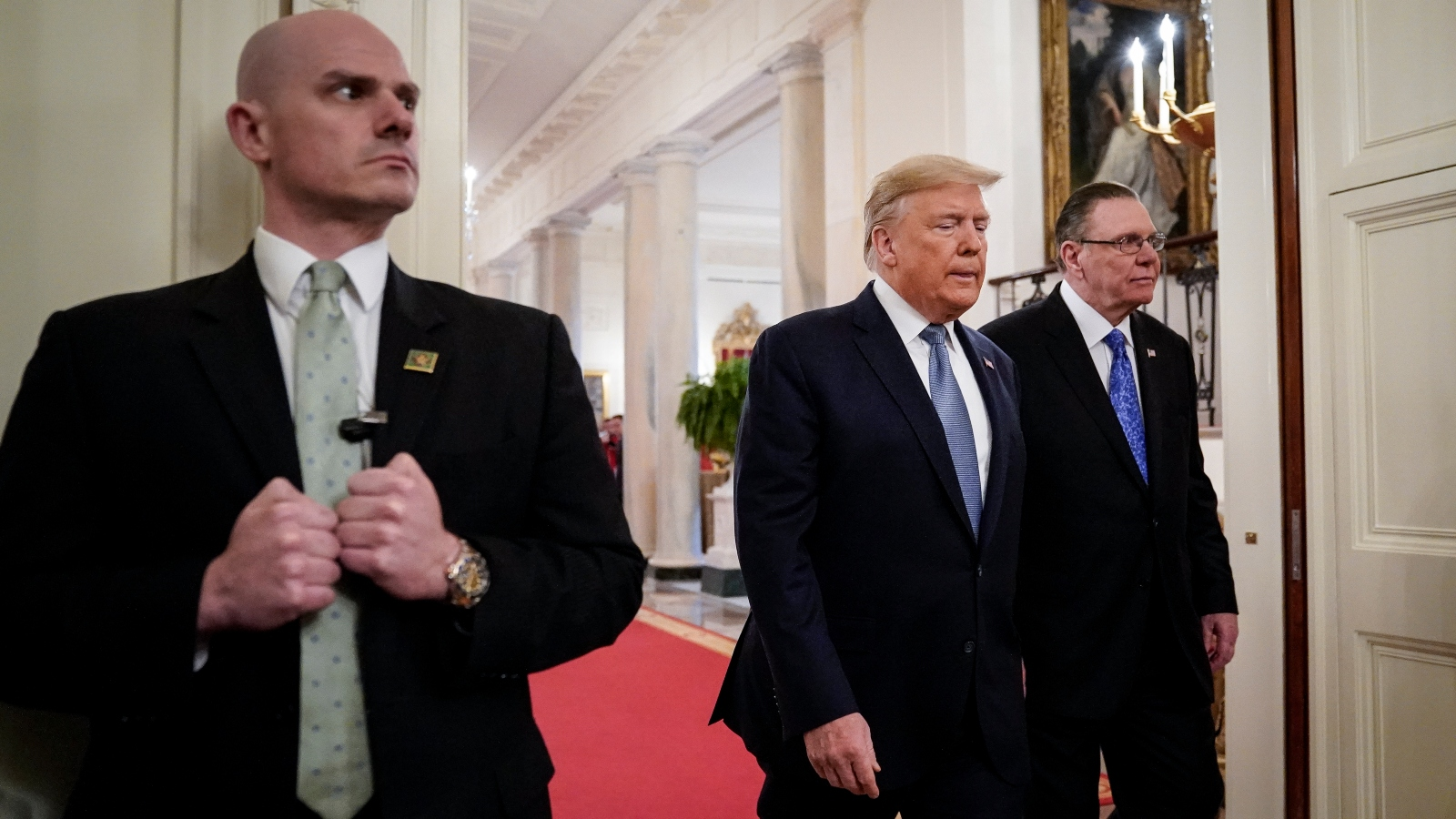Recent reports from political journalist Susan Crabtree on X have raised concerns that the new head of the U.S. Secret Service, appointed under President Trump’s directive to eliminate Diversity, Equity, and Inclusion (DEI) programs, is not implementing the policy changes as swiftly as promised. The issue centers on efforts to halt DEI hiring and training priorities—an initiative mandated by an executive order from President Trump.
Allegations from Within the Agency
According to Crabtree, sources inside the Secret Service claim that some agents are still being accommodated under existing DEI policies despite the administration’s orders. Among the examples cited was the case of a transgender special agent trainee. The trainee, who was gendered female at birth but later transitioned to male, reportedly wished to continue using female physical training standards and preferred to be addressed with feminine pronouns. This accommodation, according to multiple Secret Service sources, has reportedly sparked discontent among some male agents.
Crabtree’s post noted that these adjustments, which allow for the use of preferred pronouns and specific training standards, seem to conflict with the administration’s goal of eliminating DEI programs. “Agents in the Secret Service are growing increasingly alarmed that new USSS Director Sean Curran is not immediately halting the Biden Administration’s DEI hiring and training priorities despite Pres. Trump’s executive order mandating that all executive agencies do so,” she wrote.
An Incident Adding to the Controversy
Crabtree also referenced another incident involving a female special agent trainee who reportedly shot herself in the thigh during a nighttime training exercise at the Secret Service’s Rowley Training Center. Despite sustaining the injury, the trainee, who had previously served as a Uniformed Division officer at the White House, is now back in training. Sources described her as a “legacy hire” due to her family’s longstanding connection to the Secret Service. It was reported that while she is not facing any life-threatening issues, doctors opted to leave the bullet in her thigh to avoid causing additional damage.
Broader Federal Response
While the Secret Service appears to be facing internal challenges in implementing the DEI elimination directive, other federal agencies have reportedly moved swiftly to comply with President Trump’s order. The Central Intelligence Agency (CIA), the Federal Bureau of Investigation (FBI), and the National Security Agency (NSA) have taken steps to eliminate DEI programs. For example, a spokesperson for the CIA confirmed that the agency has disbanded its internal resource groups dedicated to diversity and inclusion, aligning itself with the new executive directive. Similarly, a representative for the FBI stated that the bureau is fully complying with the guidance provided by the Office of Personnel Management, with diversity no longer listed as a core principle.
Political and Public Debate
Senate Democrats and other critics have argued that the administration’s approach to eliminating DEI programs is overly hasty and could lead to unintended consequences, particularly in agencies where inclusive policies have been credited with promoting fairness and accountability. Critics worry that removing these programs without a clear alternative might undermine efforts to create a diverse and effective workforce in sensitive areas such as federal law enforcement.
Supporters of the order, however, contend that these changes are a necessary part of reducing what they view as bureaucratic inefficiency and waste. They argue that a focus on merit-based hiring and performance accountability will strengthen the federal workforce and ensure that government agencies function at their highest level.
The Road Ahead
The situation within the Secret Service and other federal agencies highlights a significant policy battle over the role of DEI programs in government. As agencies work to align with President Trump’s executive order, questions remain about how quickly and effectively these changes can be implemented. The controversy over accommodations for transgender employees and the handling of sensitive incidents during training underscores the challenges inherent in shifting long-established policies.
As the debate continues, it is clear that the coming months will be critical in determining the long-term impact of these changes on federal workforce culture and efficiency. Whether the adjustments will result in improved performance and accountability—or lead to further internal discord—remains to be seen.
What are your thoughts on the rapid elimination of DEI programs in federal agencies? Should the focus be solely on merit-based practices, or is there still value in maintaining inclusive policies that promote diversity? Share your opinions on Facebook and join the conversation as we explore the future of federal workforce management.

